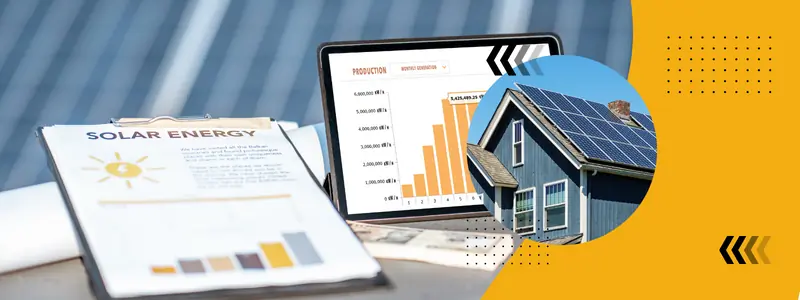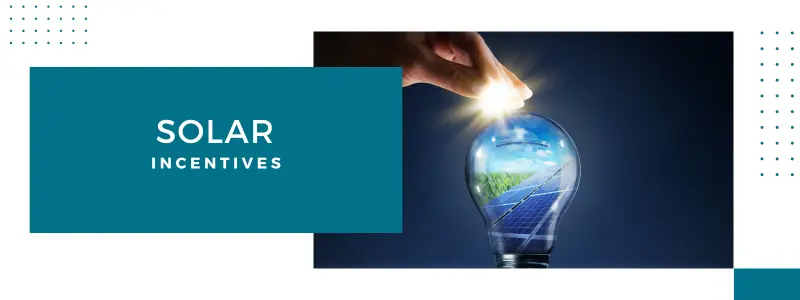Discover the Power of Solar Energy in Illinois!
Welcome to Illinois, a state known for its dynamic landscapes, from the bustling streets of Chicago to the serene farmlands that stretch across its heartland, and an increasingly prominent player in the solar energy arena. With its mix of sunny days and a strong policy framework supporting renewable energy, Illinois offers fertile ground for solar power development. This opens up a vibrant opportunity for homeowners and businesses to tap into clean, renewable energy, dovetailing with the state?s goals for sustainability and reducing carbon emissions. Backed by compelling incentives to defray initial installation costs and a community that values environmental stewardship, Illinois is on a path toward a solar-powered renaissance. Learn how leveraging solar energy can illuminate your home, trim your energy expenses, and support a healthier environment right here in the Prairie State. Join us in capturing the sun?s infinite power and stepping into a brighter, more sustainable future in Illinois.
Explore Your Rooftop's Solar Potential
Discover how much solar energy your rooftop can generate. Enter your address below:




